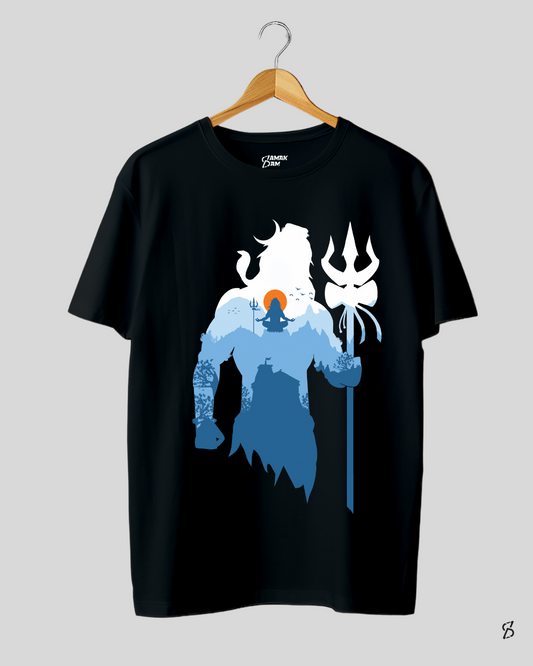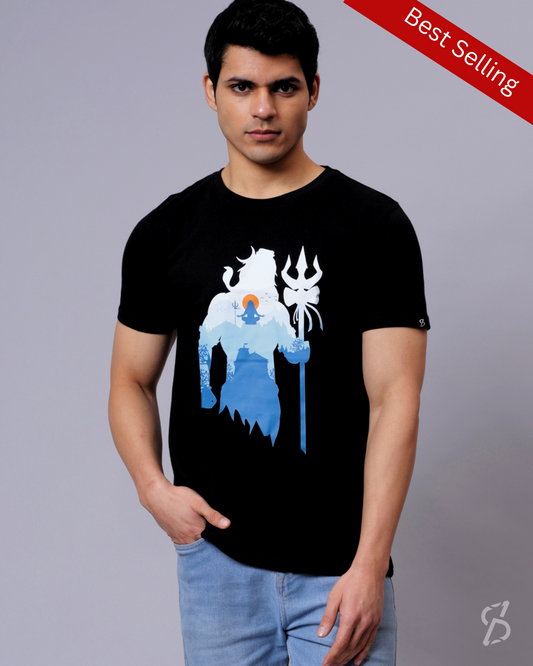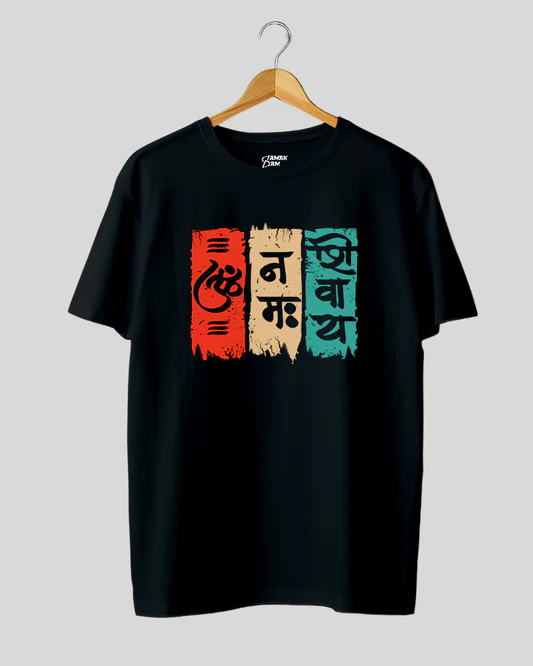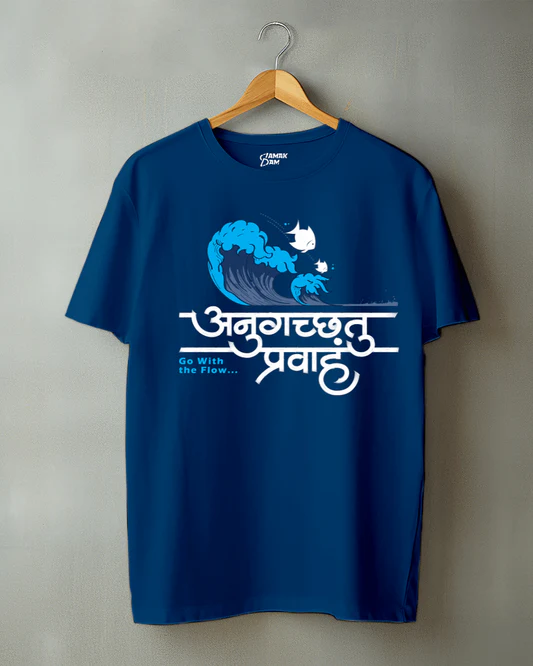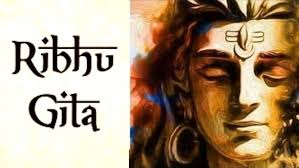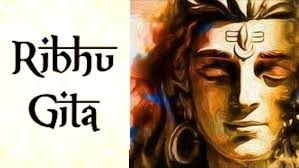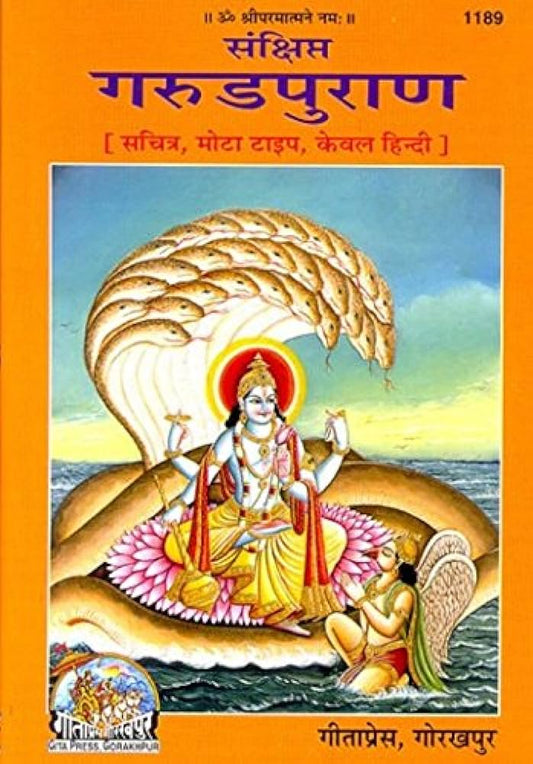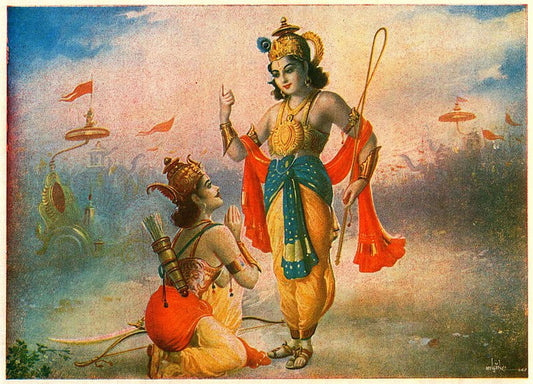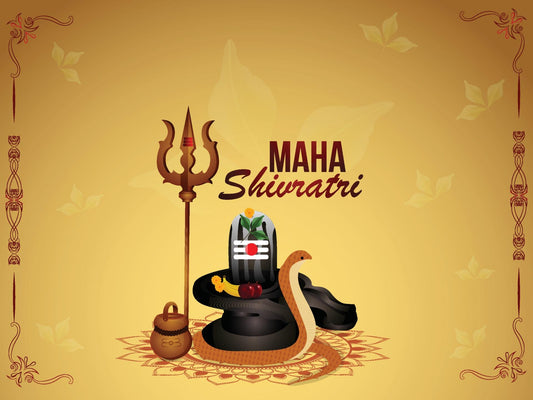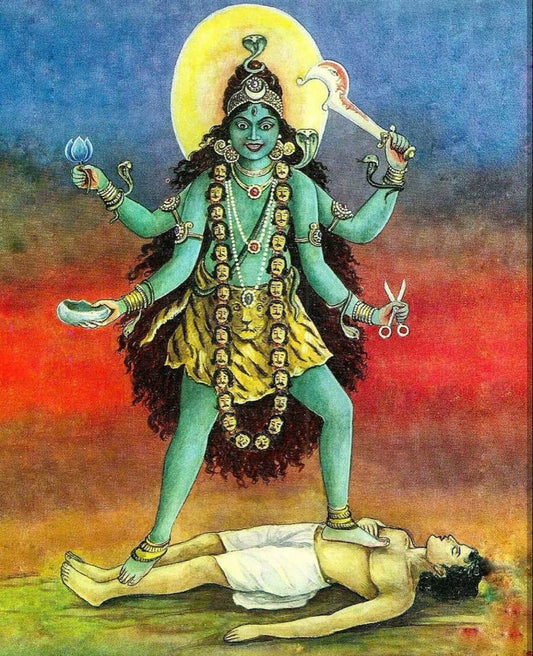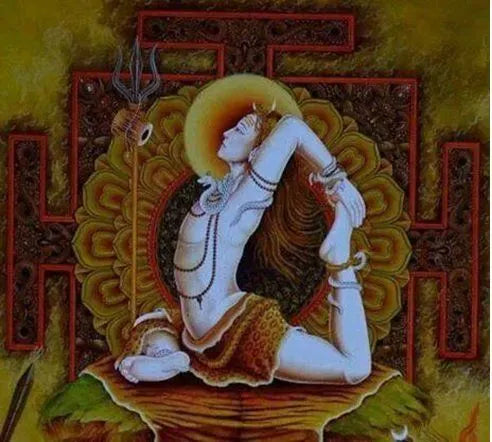Unveiling the Profound Significance of Maa Kali in Sanatan Dharma: A Divine Revelation

In the tapestry of Sanatan Dharma, the presence of divine figures symbolizes various aspects of existence. Among them, Maa Kali stands as a profound representation of power, transformation, and transcendence. In this blog, we delve into the rich tapestry of symbolism and significance surrounding Maa Kali, shedding light on her timeless relevance in the fabric of Sanatan Dharma.
The Origin and Mythology of Maa Kali: Maa Kali, also known as Mahakali or Adi Parashakti, is revered as the primordial goddess in Hinduism. According to mythology, she emerged from the brow of Goddess Durga during the battle against the demon Raktabija. With her fierce appearance and commanding presence, Maa Kali epitomizes the destruction of evil forces and the restoration of cosmic balance.
Symbolism and Iconography: Depicted with a dark complexion, adorned with a garland of skulls, and wielding various weapons in her multiple arms, Maa Kali's iconography is laden with symbolism. Her fierce countenance symbolizes the destruction of ego and ignorance, while her garland of severed heads represents the conquest over death and time. The weapons she carries signify her ability to annihilate negativity and protect her devotees.
The Philosophical Essence: Beyond her terrifying appearance lies a deeper philosophical essence. Maa Kali is revered as the embodiment of Shakti, the divine feminine energy that fuels creation, preservation, and destruction. Her relentless dance upon the corpse of Lord Shiva signifies the interplay of life and death, creation and dissolution, highlighting the cyclical nature of existence. Through her fierce form, Maa Kali teaches devotees to confront and transcend their fears, ultimately leading to spiritual liberation.
Devotional Practices and Festivals: Devotees of Maa Kali engage in various devotional practices to seek her blessings and protection. From daily prayers to elaborate rituals, devotees invoke Maa Kali's grace to overcome obstacles and attain spiritual enlightenment. Special festivals such as Kali Puja and Navaratri are celebrated with great fervor, where devotees offer prayers, perform aarti, and seek the divine blessings of Maa Kali.
The Universal Appeal: While Maa Kali holds a significant place in Hindu mythology, her appeal transcends cultural and geographical boundaries. Beyond the confines of India, devotees across the world revere her as a powerful symbol of courage, empowerment, and divine grace. Her universal essence resonates with seekers of truth and spiritual seekers, inspiring them to embrace the path of self-discovery and transformation.


